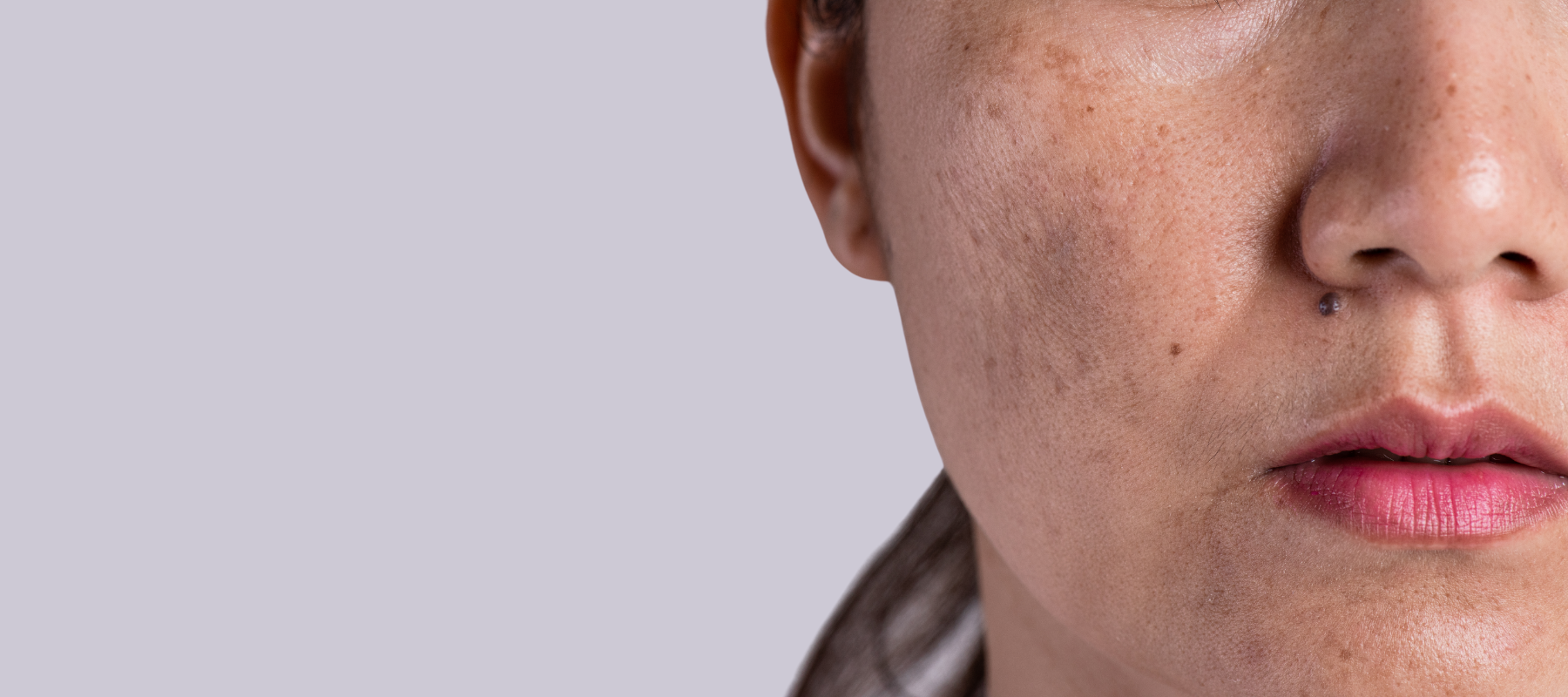
Understanding Hyperpigmentation: What Causes Dark Spots on Your Face?
Are you someone who is frustrated due to an uneven complexion on their face? It’s understandable because dark spots on your face can totally take a toll on your confidence levels. Once you discover the black spots on face reason, it will become possible for you to treat them. Read on to explore more about hyperpigmentation on the face and effective measures to eliminate the problem.
What is hyperpigmentation?
Hyperpigmentation is typically characterized by patches of skin seeming darker than its surroundings. At times, hyperpigmentation can cover only small patches. But these dark spots can also cover large areas and affect the entire body. While hyperpigmentation is not detrimental, individuals want to get rid of these dark patches for cosmetic reasons.
Different types of hyperpigmentation
Hyperpigmentation can take the following forms on your skin:
- Melasma: Melasma is a major reason for dark spots on the face due to hormonal fluctuations. A lot of women develop melasma during pregnancy. Apart from the face, melasma also causes dark patches on the stomach.
- Post-inflammatory hyperpigmentation: Post-inflammatory hyperpigmentation because of skin injury can be a reason for black patches on the face. Popping or squeezing your pimples often contributes to dark marks on your skin as a result of PIH.
- Sunspots: This type of hyperpigmentation is an outcome of excessive exposure to UVA and UVB rays from the sun. Your face and other body parts exposed to the sun might develop dark patches caused by excess melanin deposits.
The common causes of black spots on the face
If you are struggling with hyperpigmentation on your face, the possible reasons are as follows:
- Sun damage: Too much exposure to solar rays or tanning beds can often create pigmented patches on your face. Apart from your face, sun damage can also cause dark spots on your arms and hands.
- Hormonal fluctuations: Changing levels of hormones, particularly during pregnancy, can trigger hyperpigmentation in women. It usually causes small patches of dark spots on the face and stomach.
- Inflammation: A major reason for black dots on the face can be inflammation due to dermatological problems like acne, eczema, and psoriasis. Trauma or injuries to the skin can also trigger inflammation and lead to the formulation of dark spots.
- Irritation: You might get dark spots on your face if certain skincare or hair products cause irritation on your skin.
- Diabetes: People with diabetes often notice some parts of their skin turning black and velvety.
- Wound healing: Another reason for black marks on face can be wound healing. Burns, cuts, or insect bites might cause dark spots that will remain on your face while they continue to heal.
Also read: 6 Effective Ways to Get Rid of Hyperpigmentation
Conclusion
The dark patches on your face can steal the shine from your overall complexion. One of the easiest ways to prevent these dark patches from appearing is by applying the Mineral Matte Tinted Sunscreen on your face every day. With zinc oxide, titanium dioxide, cucumber, and shea butter, this sunscreen will prevent the harmful effects of UV damage to brighten your overall complexion and promote a healthy glow.
The sunscreen will definitely keep hyperpigmentation at bay while keeping your pores open. But what about the existing dark patches on your face? That’s where the Dark Spot & Hyperpigmentation Correcting Power Serum will perform its magic.
This serum will eliminate all types of dark spots and marks on your face to promote an even complexion. It will also help calm redness and soothe your skin. So, embrace the right products for dealing with hyperpigmentation today and bid goodbye to dark marks on your face.
Also read: What is Post Inflammatory Hyperpigmentation? Causes & Treatment for PIH
FAQs:
What is the major reason behind hyperpigmentation on the face?
Sun exposure remains the main culprit behind dark spots or patches appearing on your face. Overexposure to UV rays will cause increased melanin deposits that make certain areas of your skin look darker than the others. Stepping out after layering your face with sunscreen will combat UV rays and keep hyperpigmentation at bay.
Which serum is the best for curing hyperpigmentation on my face?
The Dark Spot & Hyperpigmentation Correcting Power Serum will help you bid goodbye to dark marks and spots on your face. Tranexamic acid found in this serum will prevent discolouration by eliminating post-acne marks. Alpha arbutin and niacinamide are also present in this serum to effectively fade dark spots and brighten your skin tone. The consistent application of this serum will bring back the hidden shine of your face and soothe your skin from the core.
Can acne cause dark spots on my face?
When a pimple causes your skin to become inflamed, the result is post-inflammatory hyperpigmentation. This condition makes the skin generate more melanin while trying to cure the inflammation. A higher level of melanin will get deposited on certain areas of your skin and make it appear darker than the surroundings.
Will dark spots on my face ever go away?
The dark spots on your face can eliminate the bright glow from your face and make your complexion appear dull. While they might seem permanent, we have skincare products that can help eliminate them. Using the Dark Spot & Hyperpigmentation Correcting Power Serum will remove these pigmented areas from your face and make your complexion bright and radiant once again.






















































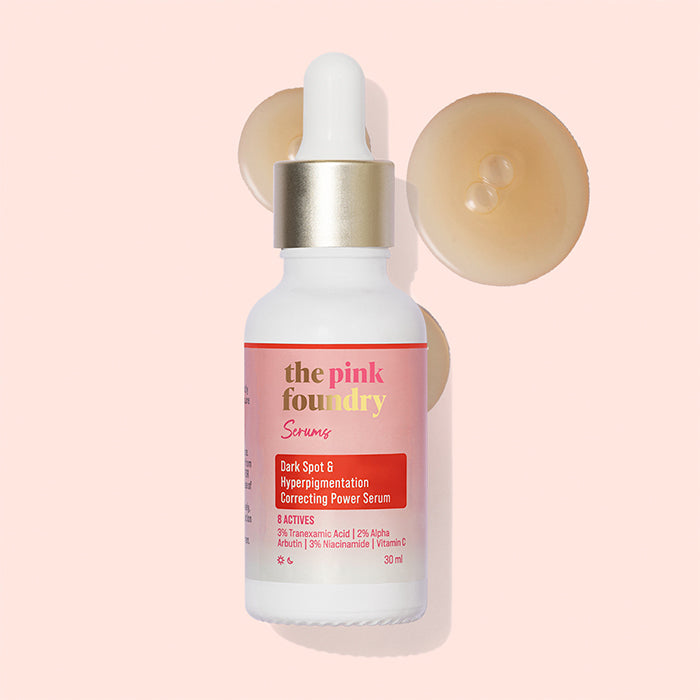
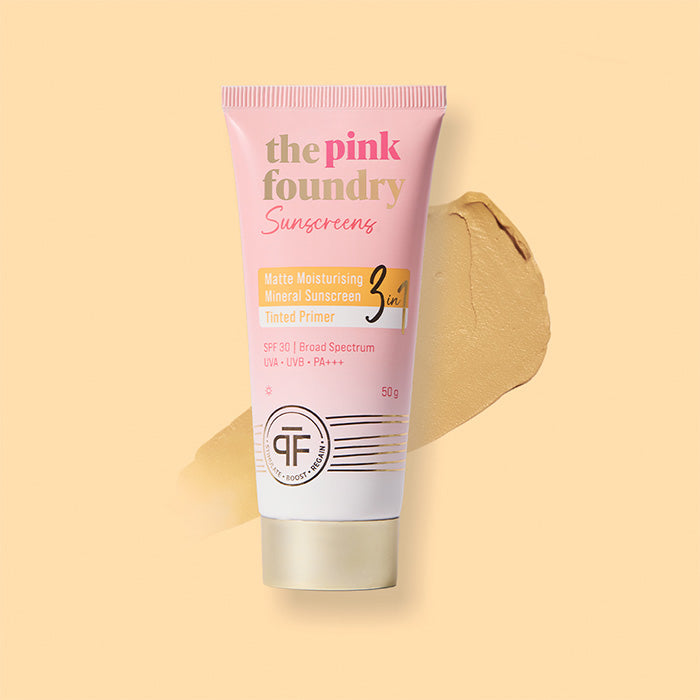
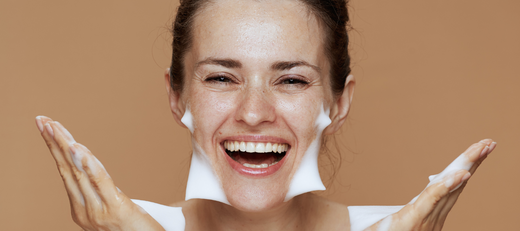

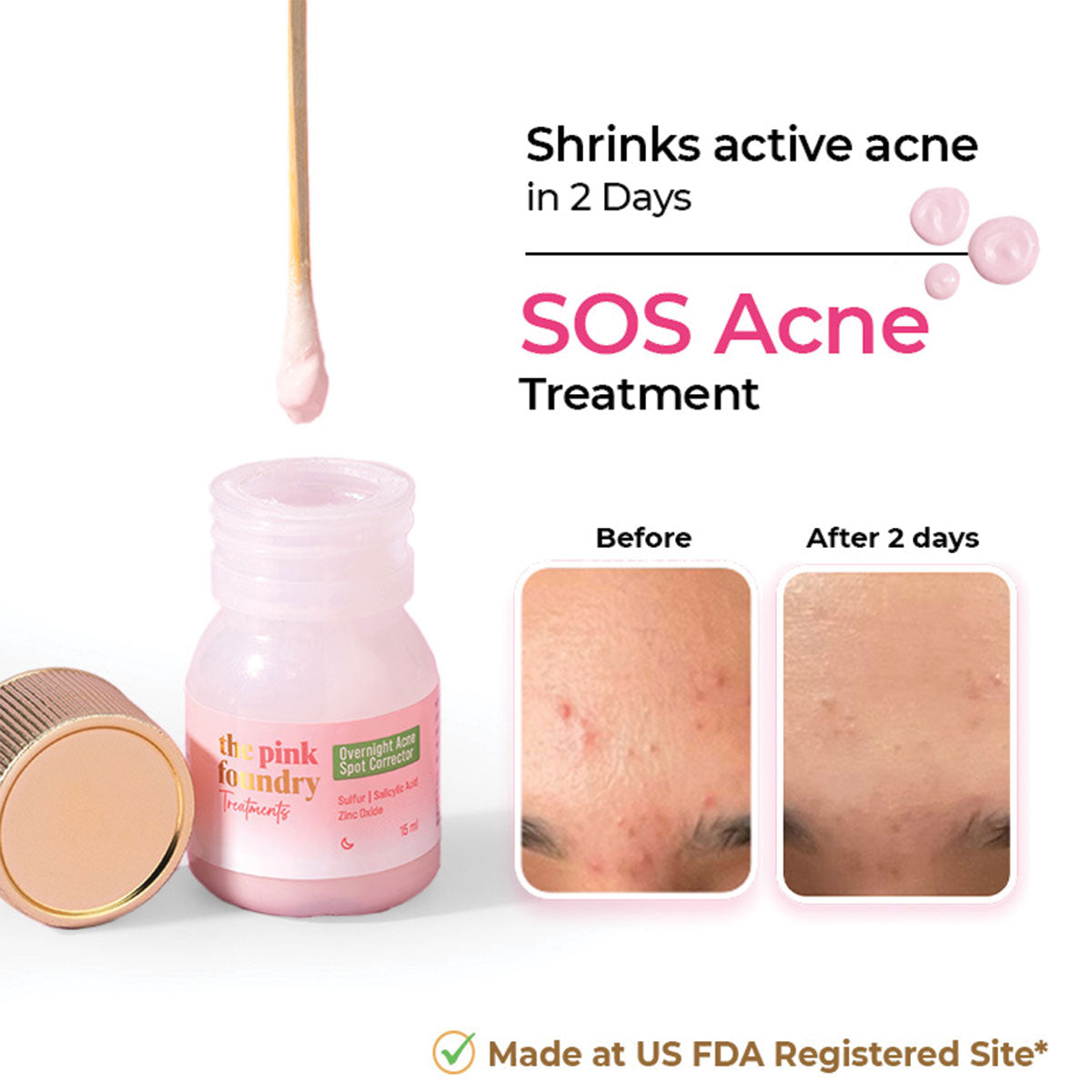
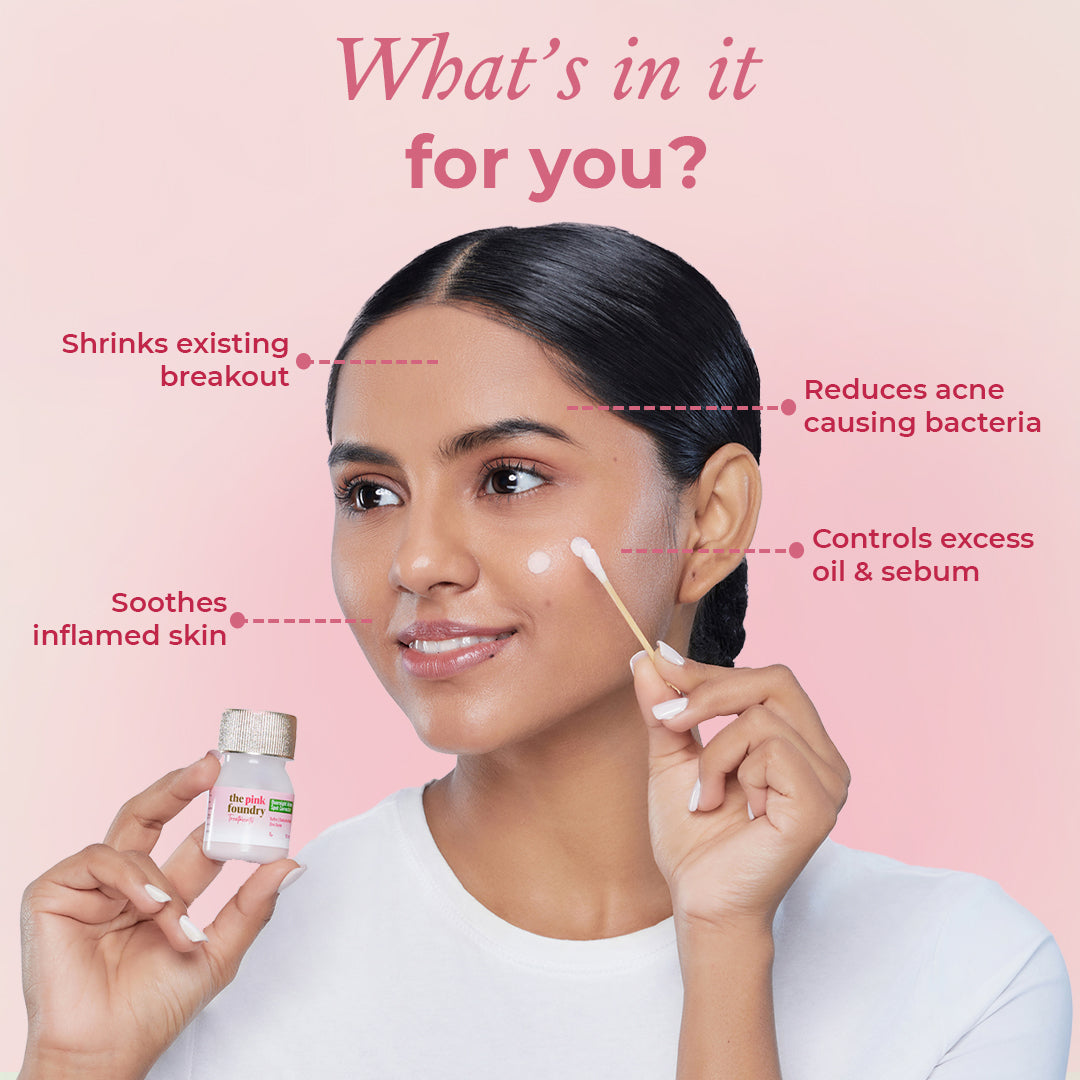


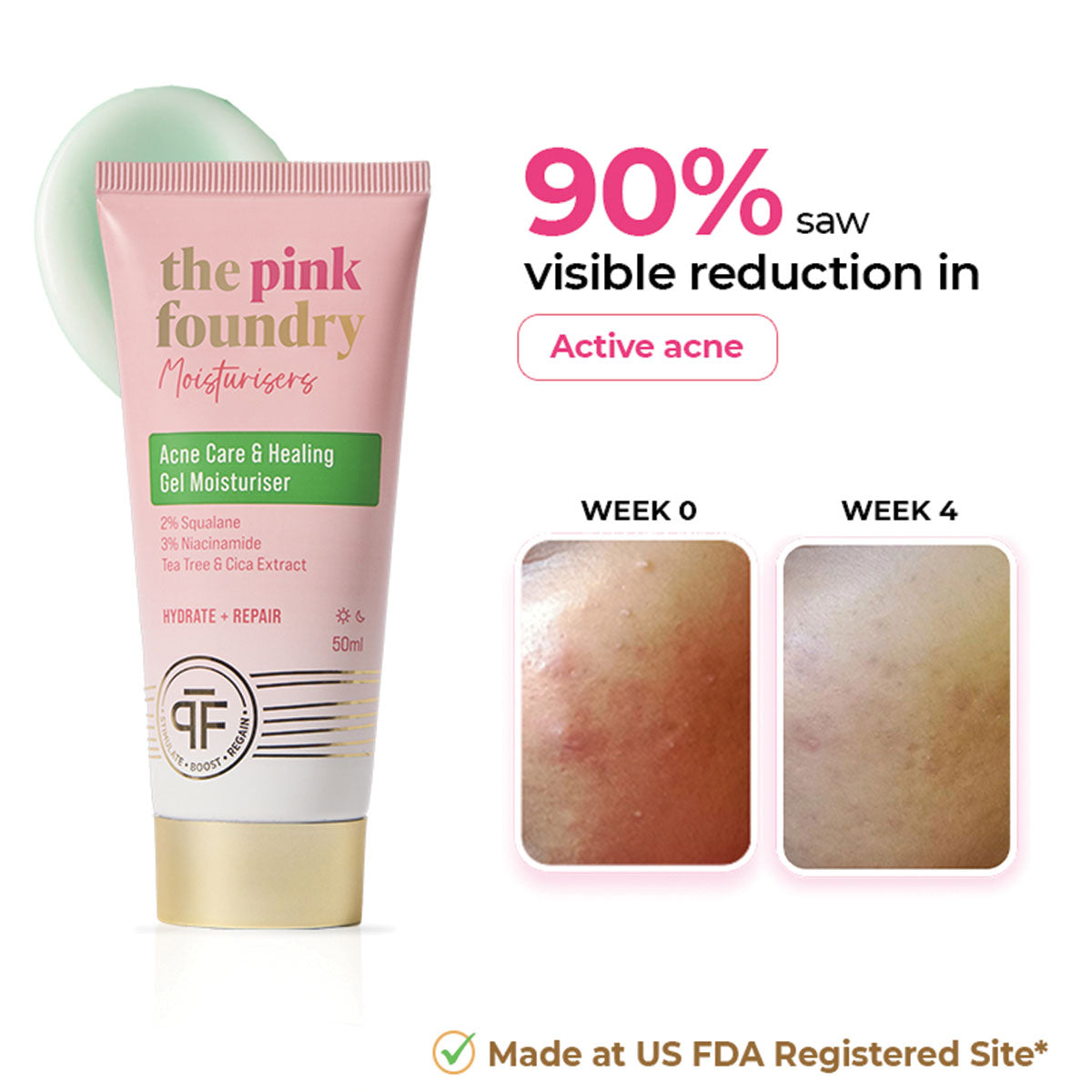
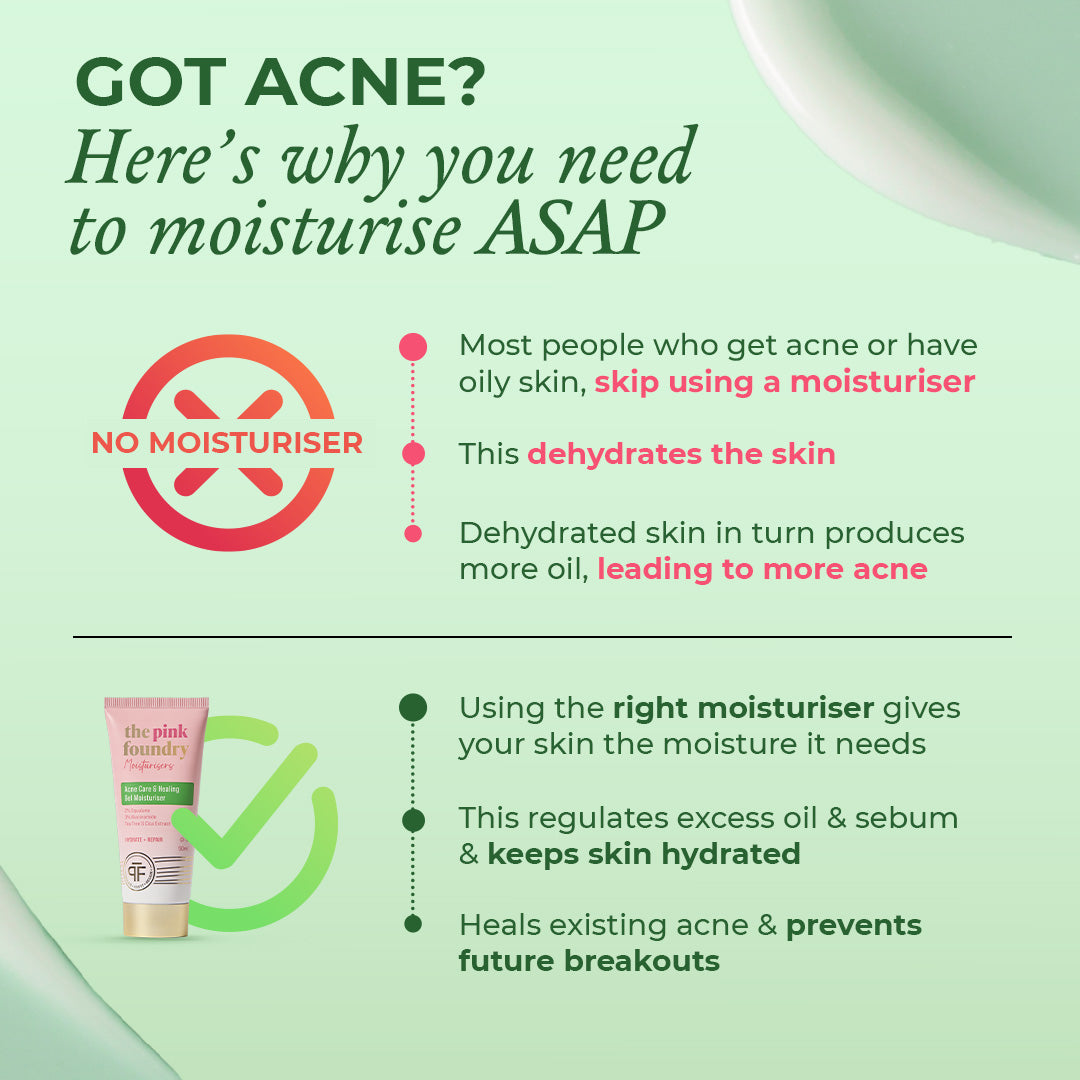










Leave a comment
This site is protected by hCaptcha and the hCaptcha Privacy Policy and Terms of Service apply.